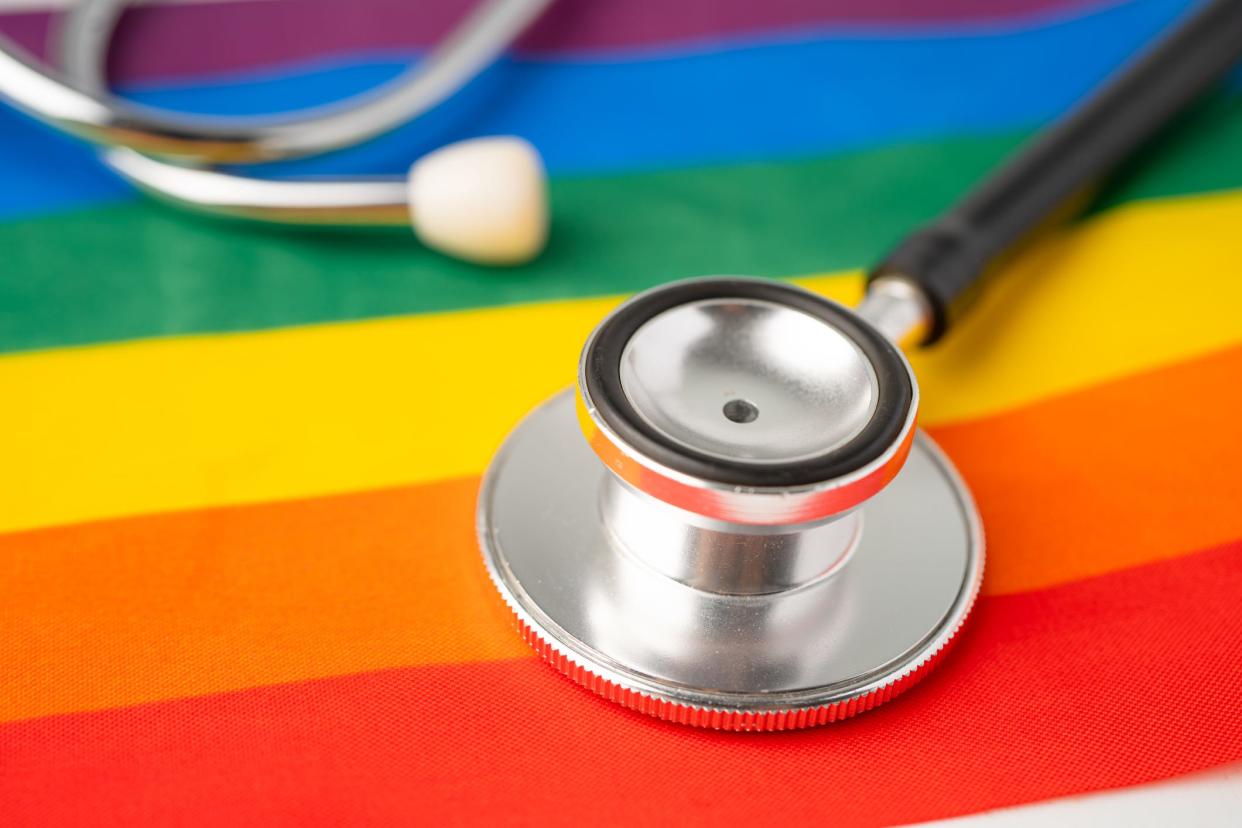Dr. Jordan Peterson: Why Dobbs doesn’t spell the end for gay rights

Last week, five decades of conservative legal activism culminated in the U.S. Supreme Court’s holding in Dobbs v. Jackson Women’s Health Organization, which overturned the court’s landmark decisions Roe v. Wade and Planned Parenthood v. Casey. After the decision was issued, analyses coalesced around two topics.
First, observers considered the effect of Dobbs on women’s access to abortion services and the corresponding ramifications for public health. Second, the commentariat trained its sights on the consequences of Dobbs for other policy programs where the court has expanded individual rights through the constitutional doctrine known as substantive due process.
Progressives have demonstrated particular interest in the effect of Dobbs on gay rights, as substantive due process protects the rights to engage in same-sex sexual intimacy and marry individuals of the same sex. While there is much uncertainty and consternation for political progressives, the likelihood that Dobbs’s tentacles will reach beyond the abortion question to policies relevant to the LGBTQ community remains low.
Substantive due process is legal jargon of little concern to laypersons. Essentially, U.S. courts have interpreted the due process clauses in the Constitution — which prohibit the government from depriving individuals of “life, liberty or property, without due process of law” — as guaranteeing not only fairness of process, but also substantive protections that make it harder for the government to infringe certain fundamental rights.
Substantive due process has been key to the expansion of gay rights. The monumental decisions Lawrence v. Texas and Obergefell v. Hodges advance the idea that laws criminalizing consensual homosexual intimacy (Lawrence) or prohibiting same-sex marriage (Obergefell) impose unacceptable burdens on the fundamental constitutional rights to privacy and liberty.
Upon release of the Dobbs opinion, some journalists joined the dissenting liberal justices in suggesting that same-sex marriage and protections for same-sex intimacy were next up on the chopping block. The best evidence for this was Justice Clarence Thomas’s concurrence in Dobbs, which calls on the court to reexamine Lawrence and Obergefell, among others. The majority, however, maintains that nothing in Dobbs “should be understood to cast doubt on precedents that do not concern abortion,” even explicitly citing Obergefell.

What to make of this?
Given our history of oppressive treatment by the government, by no means should LGBTQ individuals believe the justices in the majority simply. Announcements like the one by Texas Attorney General Ken Paxton expressing his interest in potentially reviving his state’s sodomy ban (invalidated by Lawrence, as detailed in my recently published research) do little to quell anxieties. The likelihood, however, that Dobbs jeopardizes the series of advances made for gay rights in American law over the past two decades is low for three reasons.
First, we should evaluate in good faith the Dobbs majority’s claim that abortion, constitutionally, is a different animal from other substantive due process issues. No other justice joined Thomas’s concurring opinion, which recommends abandoning substantive due process altogether. Even among legal conservatives, Thomas’s position that substantive due process as an entire doctrine is a “legal fiction” remains radical.
Second, the Republican Party has not shown an institutional commitment to reversing Lawrence or Obergefell comparable to its investment in overturning Roe. Conservatives spent the better part of the past half century mobilizing around repealing Roe. Whatever its pathologies, there does not yet seem to be a similar preoccupation with rolling back gay rights in the Republican Party of the 2020s.
Third, while a majority of Americans identifies as pro-choice, the split is considerably narrower than the divide on core gay rights. According to Gallup, 55 percent of Americans currently identify as pro-choice and 39 percent as pro-life, with an even closer divide in most prior years. Contrarily, corresponding Gallup polls on gay rights from 2022 suggest that 79 percent of Americans think consensual gay sex should be legal and that 71 percent of Americans support the recognition of same-sex marriages.
The relationship between public opinion and court decisions is complex, but academic research suggests that the court is more likely to follow public opinion when there is a clear majority in favor of one side or the other. This sets Lawrence and Obergefell apart from Roe.
It is impossible to know whether the conservative movement will recalibrate its agenda after Dobbs to focus on restricting the rights of gay, lesbian and bisexual Americans to marry or have sex with whom they please. As it stands, however, it seems prudent for civil libertarians to focus on the immediate, material consequences of Dobbs for women’s bodily autonomy, rather than speculating on the decision’s subsidiary consequences for policy programs more likely to be considered settled law.
Dr. Jordan Carr Peterson is an associate professor of public policy at Jacksonville University.
This guest column is the opinion of the author and does not necessarily represent the views of the Times-Union. We welcome a diversity of opinions.
This article originally appeared on Florida Times-Union: Dr. Jordan Peterson: Why Dobbs doesn’t spell the end for gay rights

